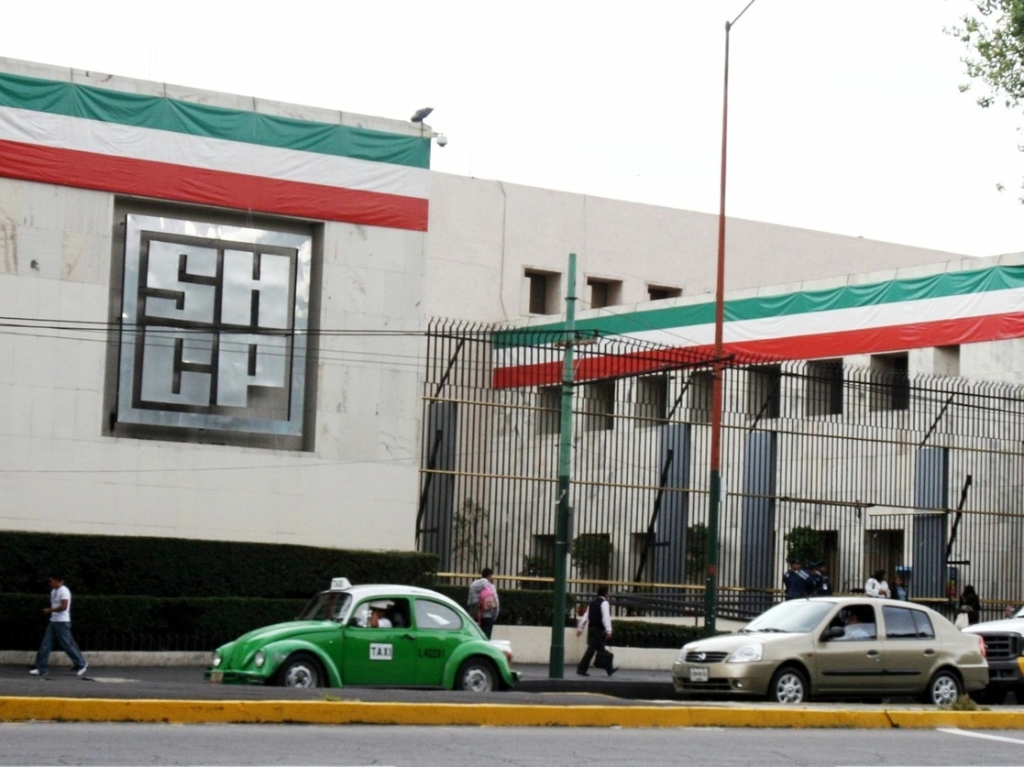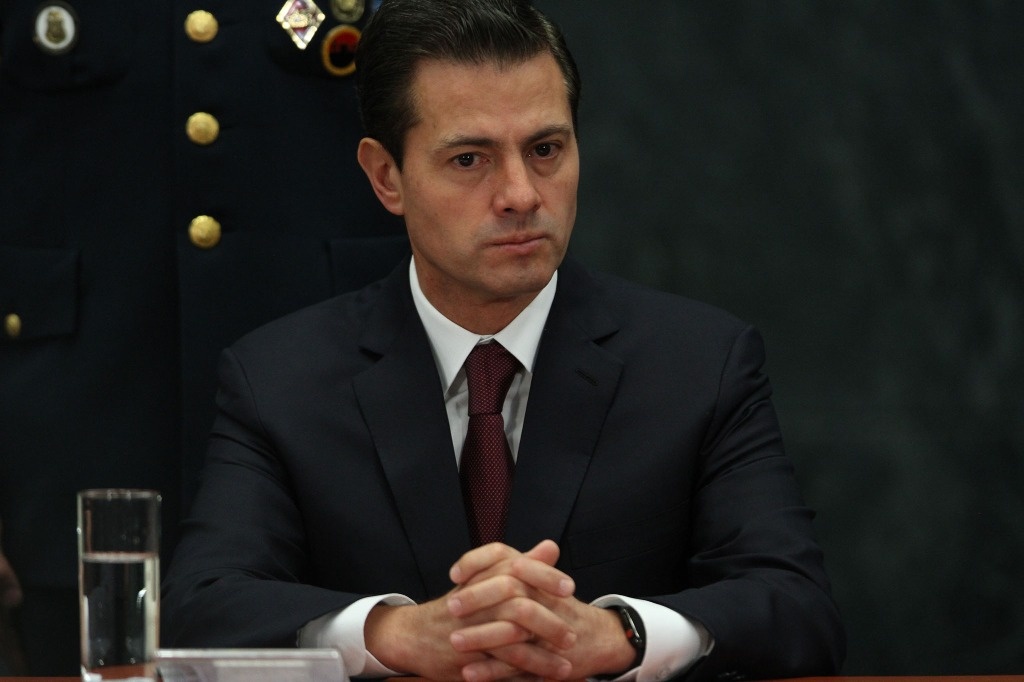Mexico City. Mexico’s current administration reaches its sixth year with the mandate to “pursue serious structural change”; The priority has been towards the interior, but this does not imply that it is no longer one of the economies most exposed to international shocks, acknowledged Rogelio Ramírez de la O, Secretary of Finance and Public Credit.
When asked about the public balance that is projected at the end of this year, the official emphasized that the “90s framework” is no longer followed as a prescription and there are new needs for each country.
With a public deficit expected at 5.9 percent at the end of this year and that breaks with the policy that had been prioritized in the first years of this six-year term, Ramírez de la O emphasized that in the current administration “we are not copying the framework of the 90” – a series of economic policies promoted by international financial organizations more than three decades ago, which ended up being called the Washington consensus and which anointed fiscal discipline and cutting public spending as a priority.
Asked about this deficit, Ramírez de la O stressed that 30 years ago there was a “consensus” and in that order the countries were governed by a framework of recommendations. Currently, “each country is facing very different situations,” so a series of measures cannot be taken “like a prescription or medical prescription.”
He also assured that the increase in spending in 2024 is projected as a one-time event, given that the aim is to conclude projects and not leave works to the next government.
Six months before this administration ends, the Secretary of the Treasury and Public Credit appeared in Washington, where activities are taking place prior to the Spring Meetings of the International Monetary Fund (IMF) and the World Bank (WB).
There, according to what Ramírez de la O stated in an interview with the Atlantic Council, he seeks to meet with investors and credit risk rating agencies to communicate what has been done in Mexico.
Aside from the policies prescribed 30 years ago, “the number one item on the agenda” of the current administration has been to increase the income of the population, either with labor policies or minimum income transfers to some sectors, the official pointed out; promote a regional development policy in previously marginalized areas, give certainty to global companies, increase the level of public investment in energy and maintain macrobalances in fiscal accounts, he declared.
One day before the Spring Meetings begin, which are hosted by the IMF and the WB, Ramírez de la O also considered that these organizations, which make up the international financial architecture born from the Bretton Woods agreements, have required modifications for a long time. Among the priorities that are required – from Ramírez de la O’s reading – is to correct the “giant size of the current account in the balance sheets”, which has given liability rights to the United States, but this after carrying a trade balance “that will not come to a good end.”
He also highlighted that the correction of trade balances also involves reviewing that the rules of the global trade architecture are correctly focused on the issues that matter to the countries. In the particular case of Latin America and the Caribbean, the way in which financial support, not assistance, is provided, must be developed because the adequate mechanisms do not exist.
“Mexico is committed to the integration of North America”
Ramírez de la O admitted that Mexico is one of the most open economies worldwide, exporting around 36 percent of the gross domestic product (GDP), which leaves it “extremely exposed” to international shocks such as conflicts in the Middle East.
Asked specifically about trade with China, he said that there is extensive exchange, but that with its trading partners in North America is a priority. “It doesn’t mean that everything else comes secondary, but it does come after.”
“In terms of international development, Mexico is committed to the integration of North America. “We are an open country, we trade with everyone in the world, but we are committed to the integration of North America because that is where the center of our export activity is,” he concluded.
#copying #framework #90s #SHCP #fiscal #metrics
– 2024-04-16 03:23:28


